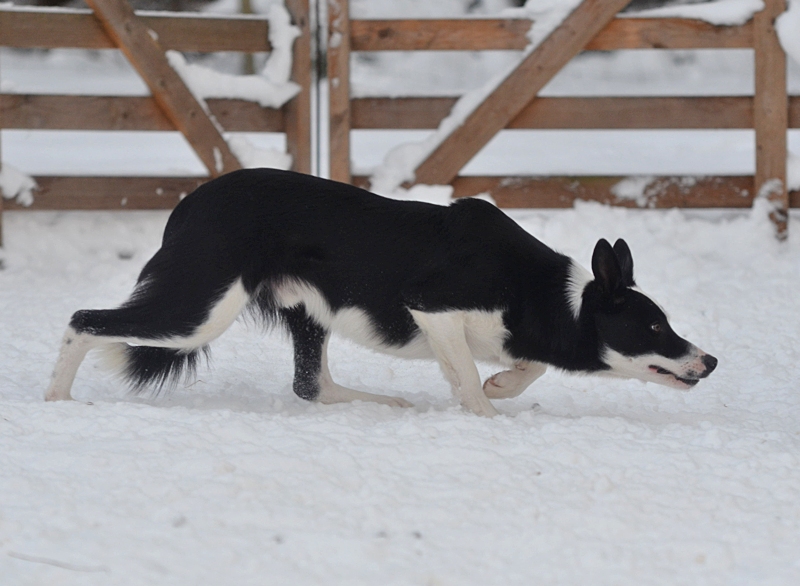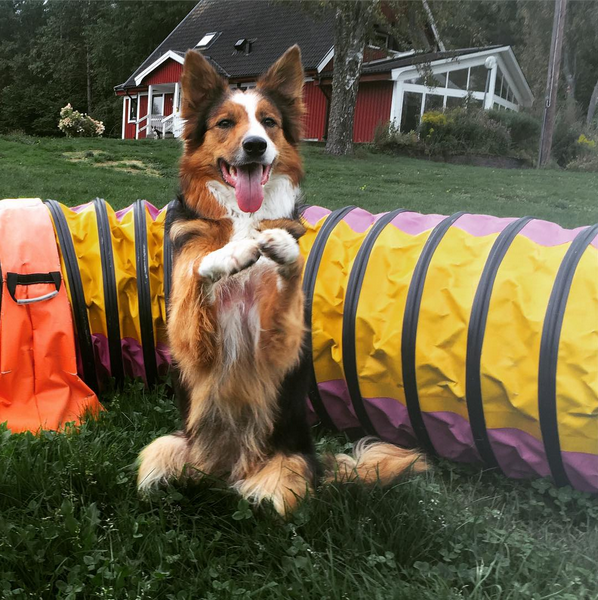Better Online Discussions
This is a blog post that I wrote for my Swedish blog last January. It’s now translated because I think it’s so important. Please add your own advice in the comments below, or let me know if you disagree on something. We might have a good online discussion about it!
I’ve been active on dog forums of different kinds for 15 years. Through them, I’ve made friends, learned new things and most of all – discussed most subjects on dog ownership and dog training with all kinds of people. Today, we have these discussions in Facebook groups. They have taken over the role of the forums I used to visit in the past, and the discussions are more intense than ever. We used to think that anonymity – lots of people were anonymous on the old types of forums – made people say things they wouldn’t if people knew who they were. I think we were wrong. Very few are anonymous on Facebook, but the tone is more aggressive than ever. Some subjects are more infected than others, like training methods and the type of relationship we have with our dogs in everyday life. Dog breeding is also a subject that seem to engage and divide.
I think we all win if we can be better att discussing. Regardless of if we want to convince others of our training methods or if we’re trying to cooperate in a breed club. Here’s my best advice for better discussions online:
- Assume that everyone that you’re discussing with loves their dog (or the sport, or the breed) and are trying to do the best they can. It’s very likely that others care about their dog as much as you care about yours, and that their opinions also are based on wanting to make the best choice for their dog (or sport, or breed). Even if you’re convinced that your way is the best way.
- Assume that others also are knowledgeable – even if they don’t share your opinions. Be humble and realise that there are people that know less than you (and need someone to teach them in a nice way – harassment won’t help) AND that there are people with more experience and more knowledge, that know things that you don’t.
- Try to inform yourself about other points of views and interpret them as generously as you can. Do a thought experiment where you try to make a case for the other view as well as you can. Don’t argue agains a vulgar version of what the person you’re discussing with is promoting. Always give the benefit of the doubt and ask “do you mean *generous interpretation of the opposite view*” before assuming the worst.
- Be ready to back upp your claims with relevant references if you’re claiming to present facts. It’s not enough to say “google it yourself” is someone is asking. Separate facts and opinions and don’t present your personal opinions as facts if they are opinions.
- Remember that there are a lot of people that don’t engage in discussions. They still read them. You might not convince the person your discussing with, but if you’re nice, factual and present good arguments, you have a much better chance of changing the minds of people that are just reading and not commenting.
- Be open minded about learning new things. You will benefit from understanding other ways of doing things and understanding other points of view, even if you’re not using everything you learn. It’s also very boring to discuss with someone who isn’t able to ever change their mind or learn from someone else. This might be even more important in real life than in online discussions. If someone does something that I don’t see the point in, I like to understand why they do it (especially if they are successful). I will be able to use that knowledge later on, even if I’m not incorporating it into my own training.

Time to head out in the snow for some sheepdog training with a friend!



